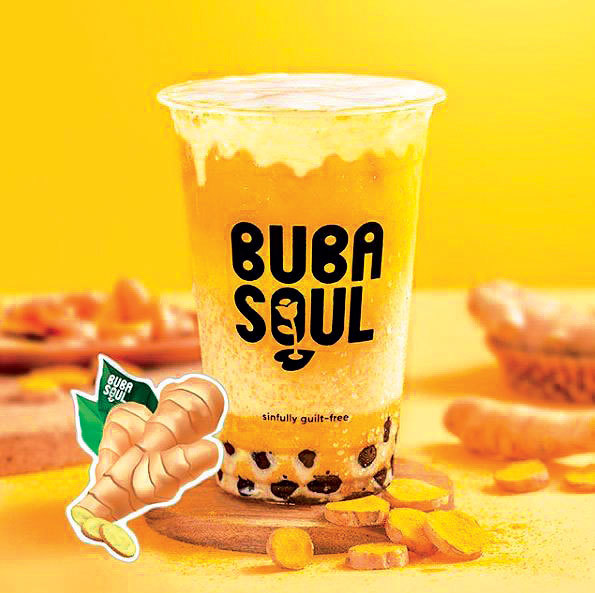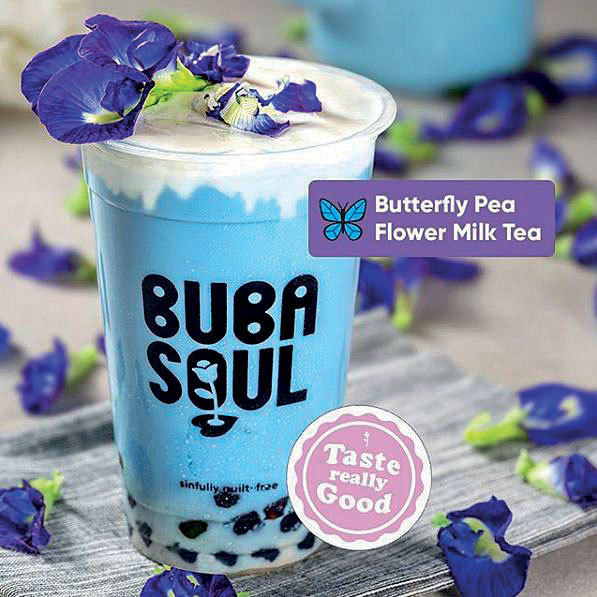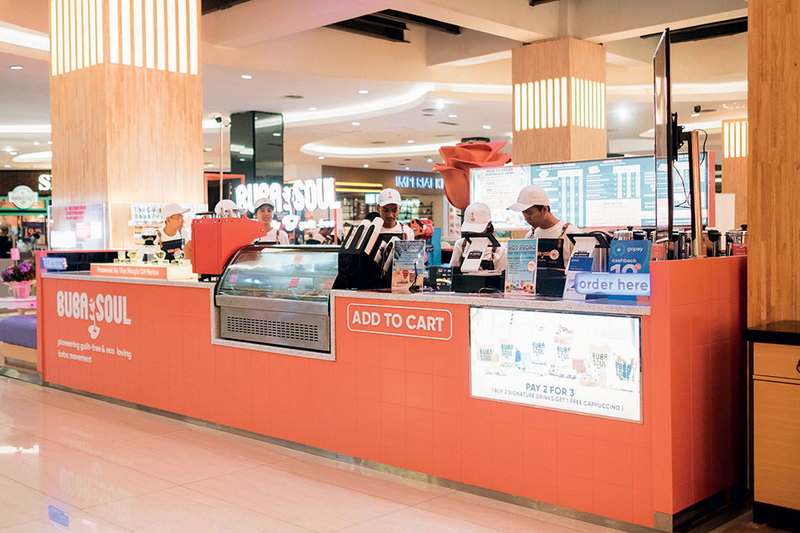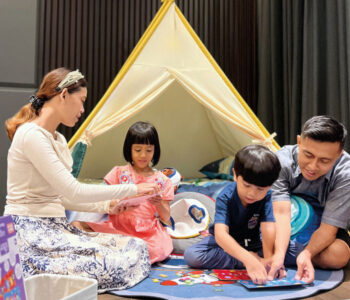
A new tea-based drink called boba has gained immense popularity in recent years across the globe, especially in Southeast Asia, creating a promising business for beverage industry players.
It seems like everything comes in boba flavours recently. With a number of monikers associated to it such as milk tea, pearl milk tea or simply bubble tea, boba has been popular and sought out drink in beverage outlets, restaurants and inspired chefs to create menus by incorporating it into their dishes. It is a Taiwanese drink originally from a beautiful island of Taichung, a sweet drink that combines milk, flavoured tea and tiny chewy black pearls made from tapioca that are sucked up through an extra-large straw.
In the article “History of Bubble Tea: How Boba, born of a Staff Competition in Taiwan, became a Global Phenomenon” from the website page of South China Morning Post (23 February 2019) tells that bubble tea existed since 1987. Reputedly, Chen Shui Tang is the first tea house to introduce bubble tea. The owner, Liu Han-chien focused on selling quality oolong tea. The story goes Liu’s idea of wanting to change the way people drink tea, so,he experimented by putting traditional milk tea in a cocktail shaker with ice.
“I think it’s a kind of revolution in (Chinese) tea history because no one served chilled tea at that time. People thought we were crazy … but young people liked it very much,” Liu’s daughter, Angela Liu Yen-ling, explains. Liu also said that the chilled tea became so popular that her father’s side business quickly became Chun Shui Tang’s biggest seller.
It became known as “bubble tea” because of the thick layer of foam that forms on top of the drink after it is shaken. The addition of pearls, or large tapioca balls nicknamed “boba”, dates to 1987, when her father held a competition among his staff to come up with a creative concoction. The store manager, Lin Hsiu-hui, liked to eat fen yuan, or tapioca balls, so she added them to the milk tea and she did a pilot test with some customers and they loved it. “They brainstormed to come up with a better name then fen yuan and settled on “black pearl”, which is how bubble tea is known in Chinese.” Liu says.

Bubble tea quickly spread through Southeast Asia and has become very famous among young people in the U.S. and also in Europe. In Indonesia, particularly Jakarta, it’s a trending drink and hasbecame the most requested drink especially last year. Well-known international brands, such as Xing Fu Tang, Tiger Sugar and OneZo have opened outlets across the capital, creating a phenomenon of people lining up for hours to get a cup of boba and tighter competition in the lifestyle drinks market.
Co-Founder and CEO PT Buba Prima Svastarini, Isabella Silalahi said that the growth of boba market size is also phenomenonal, reached USD 5,370 million (IDR 75,2 trillions) worldwide in 2019 and it is predicted to reach USD 8,460 million (IDR 118,2 trillions) or rise by 7,9% according to Global Info Research Study. In Indonesia, it reached USD 1,095 million (IDR 15,3 trillion) in 2019. This is as big as the herbal drinks (jamu) market which has been around for decades. From the Grab Food data, the order of boba has increased up to 31 times in 2018 and the market is still increasing.
The data from the ASEAN Post, in Southeast Asian countries, the average boba consumption in Indonesia is three cups per person per month, same with Malaysia, Singapore and Vietnam. While Thailand is in the highest rank, six cups and followed by the Philippines, 5 cups.
The market is still increasing and the business opportunity is widely open, but it comes with costs. The first challenge to be faced are health problems. A glass of boba drink contains up to 600 to 800 calories of two to five plates of rice 100 grams because of its high sugar (eight to 18 tea spoons of sugar) and fat, as well as additional artificial ingredients, such as flavourings, colourings and sweeteners. The environmental impact of the boba drink industry has also caused an alarm, because of the large amount of plastic waste used for the packaging.

Taking advantage of the business opportunity and concerns regarding health issues, Isabella and her sister Dewi Rotua Silalahi launched Buba Soul on 27 February. With the store at FX Sudirman F2, Jakarta, Buba Soul differentiates themselves from other bubble drinks, as they use Indonesia’s spices, natural ingredients and herbs from various regions, such as tea, coffee, chocolate, turmeric, curcuma, ginger, cinnamon, lemongrass, blue butterfly pea flower, moringa, rosella and many more which are blended into appetizing drinks. It offers low calories, around 100 to 300 calories per glass as they use natural sweeteners such as palm sugar and organic honey.
“We are committed to supporting local farmers and restoring the glory of native Indonesia’s herbs and spices to increase the competitiveness of agricultural or plantation products by turning commodities into today’s value-added lifestyle products.” Dewi Rotua Silalahi said.
With quality natural ingredients, Isabella said that Buba Soul is safe for any age group at a fairly affordable price, which is IDR 25,000 to IDR 45,000 per glass. Consumers can also add choices of toppings like boba or pearl, nata de coco and aloe vera. In addition, the newcomer local brand also uses biodegradable and compostable packaging in order to reduce the usage of single-use plastics.
“We prioritize in sustainable business that have a positive impact on society and the environment, not solely for profit.” explained Isabella to make Buba Soul a pioneer in guilt-free, responsibly nutritious and eco-loving bubble drinks.
Buba Soul
F2, FX Sudirman
Jalan Jendral Sudirman
Pintu Senayan
Jakarta 10270
IG: @bubasoulind
bubasoul.co.id






